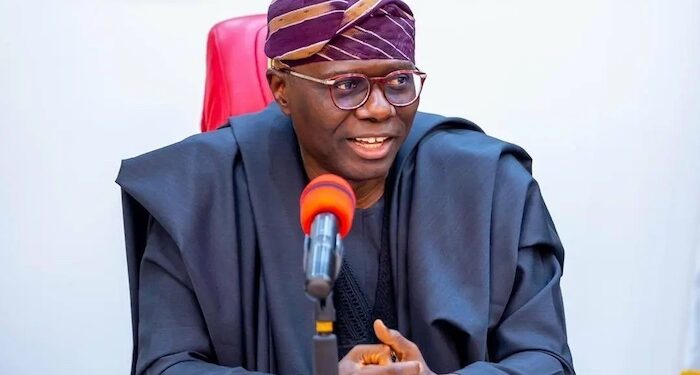As of the end of December 2022, state governments and the Federal Capital Territory administration owed N5.33 trillion in domestic debt.
At the end of 2021, the subnational domestic debt stock was N4.46 trillion, representing an increase of N870 billion within one year.
According to the most recent data given by the Debt Management Agency, Lagos State has the greatest domestic debt as of the end of the fourth quarter of 2022 with N807.21bn, followed by Delta State with N304.25bn and Ogun State with N270.45bn.
Jigawa State has the lowest debt at N43.95 billion, followed by Kebbi State and Katsina State with N61.31 billion and N62.37 billion, respectively.
Abia, Adamawa, Akwa Ibom, and Anambra owing N103.7 billion, N124 billion, N219.2 billion, and N77.4 billion, respectively, while Bauchi, Bayelsa, Benue, and Borno borrowed N143.6 billion, N146.3 billion, N141.3 billion, and N96.1 billion, respectively.
Other debtor states include Cross-River; N197.2bn for Ebonyi; N76.4bn for Edo; N110.5bn for Ekiti; N117.1bn for Enugu; N91.8bn for Gombe; N139.3bn for Imo; N204.2bn for Kaduna; N83.3bn for Kano; N122.3bn for Kogi; N93.6bn for Kwara; N109
Oyo, Plateau, Sokoto, Taraba, Yobe, Zamfara, and the Federal Capital Territory each had N161.1 billion, N149 billion, N90.5 billion, N87.9 billion, N90.7 billion, N112.1 billion, and N81 billion, respectively.
However, according to the DMO, Rivers State’s domestic debt stock as of September 30, 2021, and Katsina and Taraba states’ domestic debt stock as of September 30, 2022.


